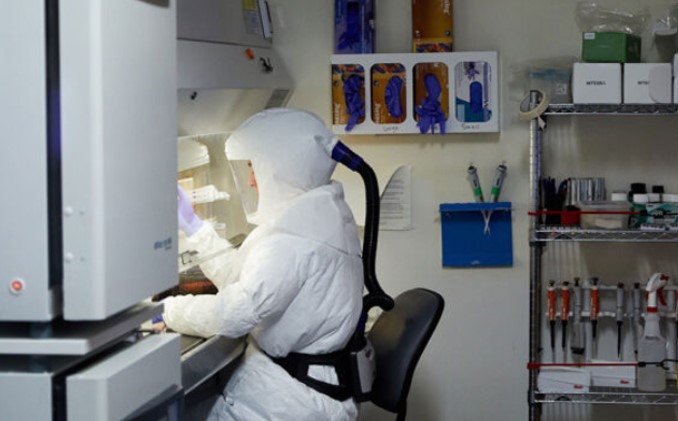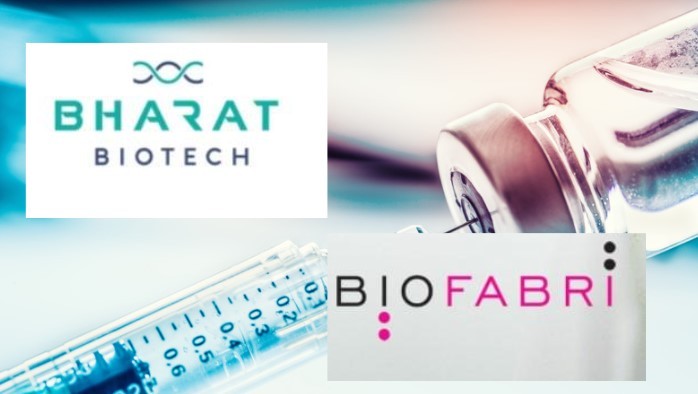In a new research Researchers at the Washington University School of Medicine, St. Louis, revealed that they have identified an antibody which, they claim, is “highly protective” against SARS-CoV-2 variants, when delivered in low doses.
For the study, the group immunised mice with the receptor-binding domain (RBD), a key part of a protein known as “spike.” This protein is used by SARS-CoV-2 to attach itself to the respiratory tract of a human body, and to invade cells in it.
New findings from the WASH School of Medicine could be a step toward developing new antibody-based therapies against SARS-CoV-2 variants
The team then proceeded to extract antibody-producing cells, and obtained from them 43 antibodies which recognise RBD. These antibodies were then screened on the basis of how well these prevent the original SARS-CoV-2 virus from infecting cells kept in a dish.
Separately, nine of the “most potent” antibodies were tested on mice to check if these could protect animals infected with the original SARS-CoV-2 strain. According to the researchers, multiple antibodies passed the test, with varying degrees of potency. Two of these, found to be the most effective at protecting the mice, were selected and tested on a range of variants which cause the viral disease.
The Washington University School of Medicine, St. Louis, research study report was reported by a news agency.






